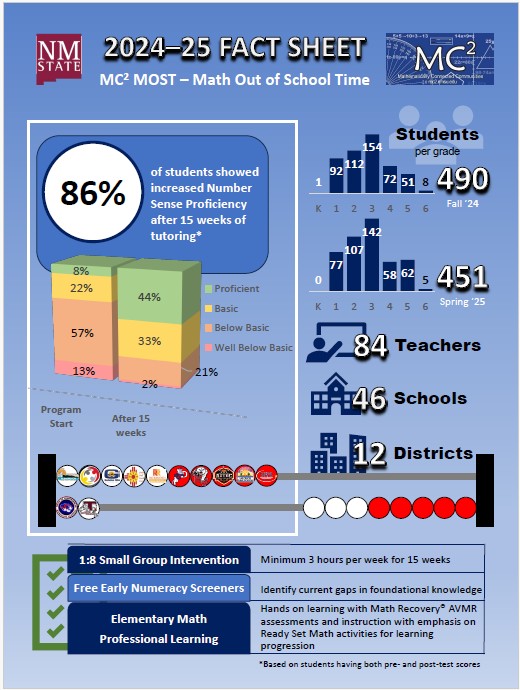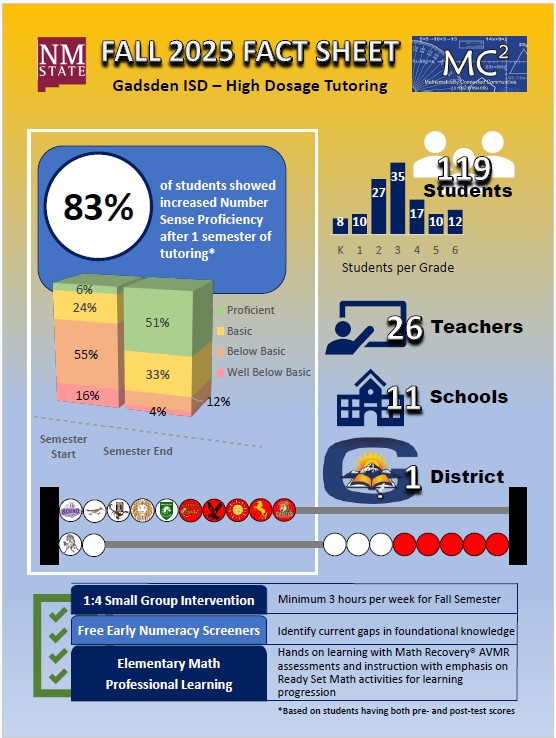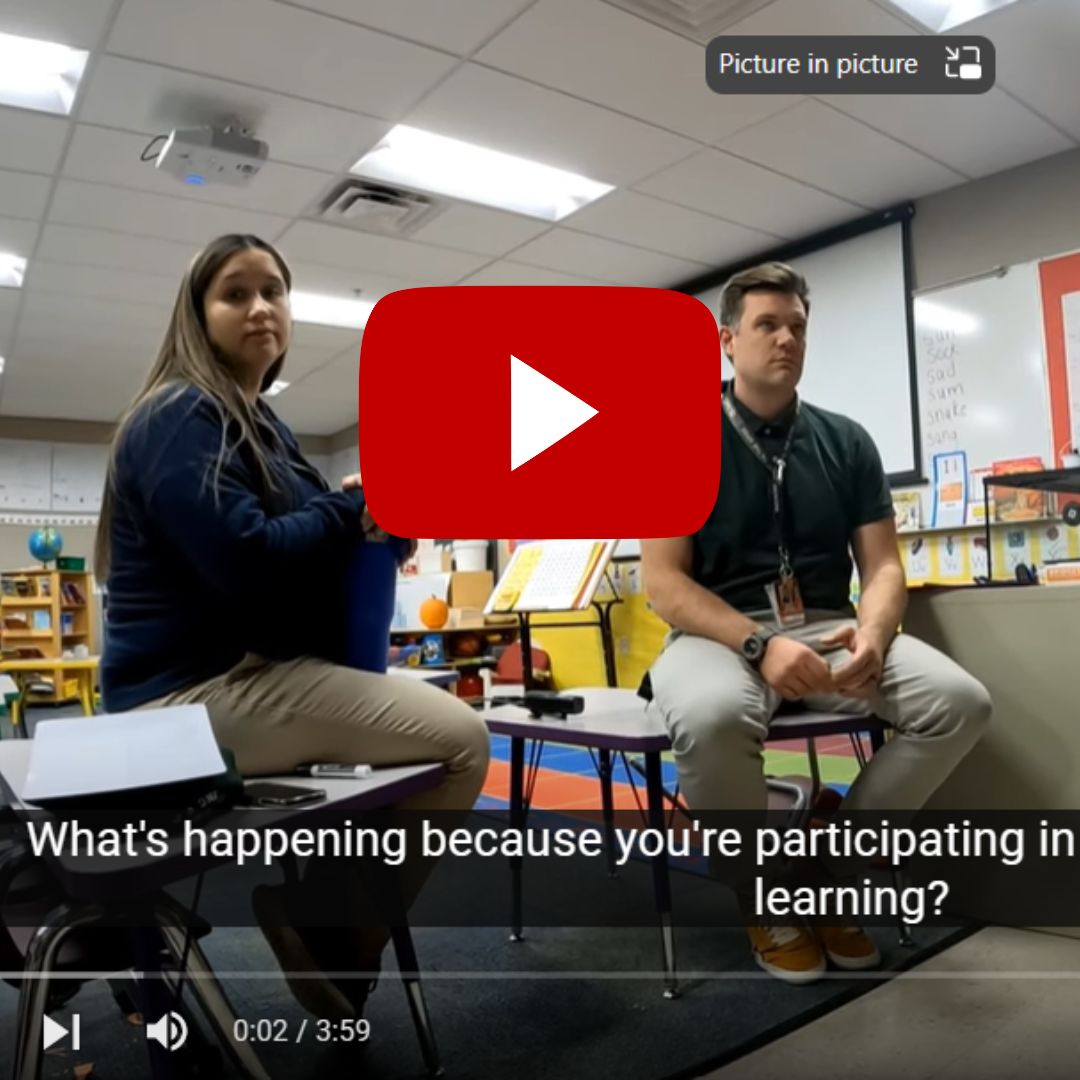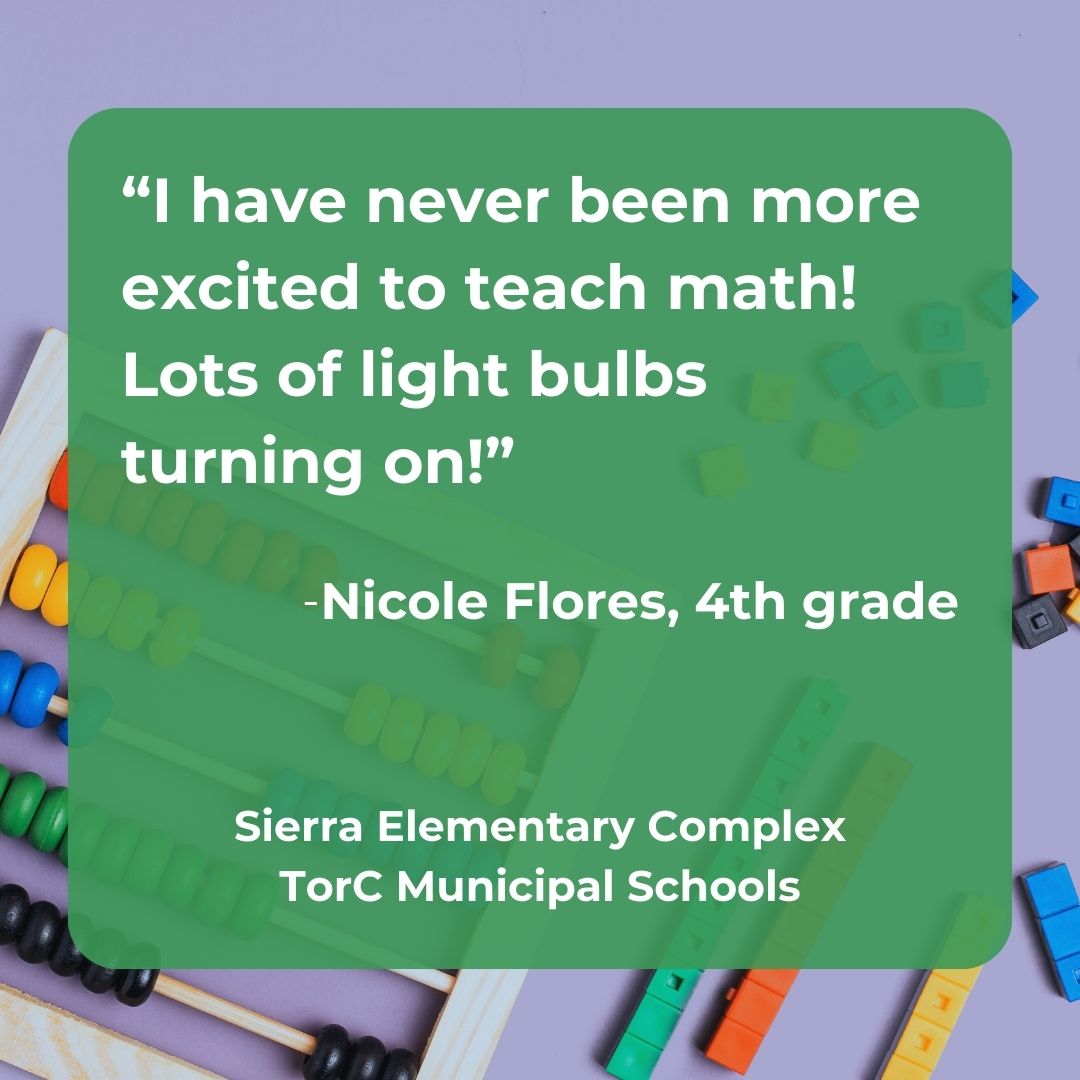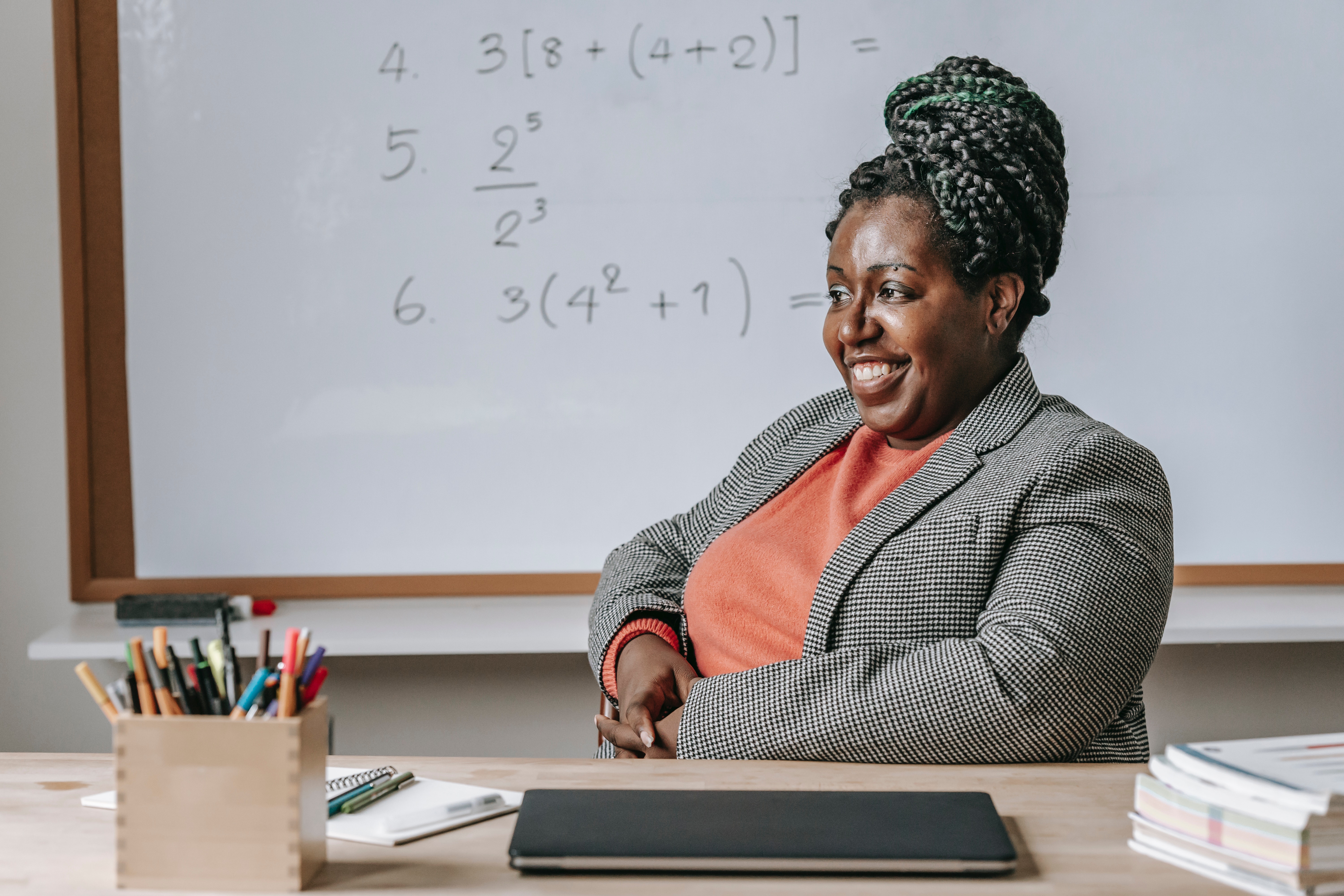|
Mathematically Connected Communities (MC2) and STEM Outreach programs, housed at New Mexico State University, are coordinating efforts to provide intensive and customized in-person mathematics tutoring for students in elementary grades 1–6. The tutoring sessions will be at school sites during the school day or in after-school programs with certified teachers who receive extensive professional learning in mathematics intervention. The tutoring offered to students is provided in small group activities and individual tutoring in both the Fall and Spring semesters. Every student will be assessed at the beginning of each semester to understand their current knowledge of number concepts in order to design instruction for each student’s individualized learning path. Continuous formative assessment through close observation of student’s problem-solving strategies and their responses to assessment tasks allows for revision of the instructional plan to meet each student’s learning needs. |
2024-25 Fact Sheet Fall 2025 Fact Sheet (GISD)
|
How does MOST/HDT programming benefit teachers?
There may be a Professional Learning opportunity that is based in an afterschool program with real students. Teachers support children in their learning, while learning themselves in real time about Math Recovery.
|
|
How does MOST/HDT programming help students?
It’s hands-on fun where teachers and students engage in games that align with cutting-edge research to address gaps in learning.
|
|
2024-2025 Evaluation Summaries - Student Math Assessments
Exerpts from evaluations prepared by Rachel Boren, PhD, Director, NMSU SOAR Evaluation and Policy Center, which provides an overview of mid-year and end-of-year students math assessment changes since the start of the academic year.
|
2024-25 Mid-year Results Overall, students participating in MOST demonstrated notable improvement in their math assessment scores.
Download the complete mid-year report here. |
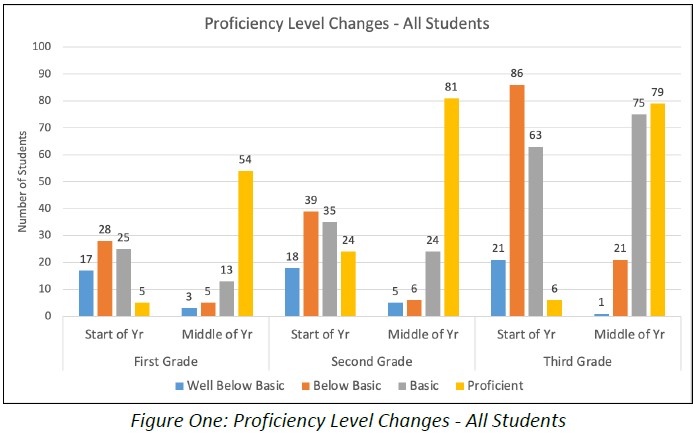 |
|
|
2024-25 End of Year Results More students ended the semester basic or proficient compared to the start of the semester where several were well below basic or below basic. These posisitive shifts held for first and second grades, with the majority of students ending the year at a proficient level on their assessment.
Download the complete mid-year report here. |
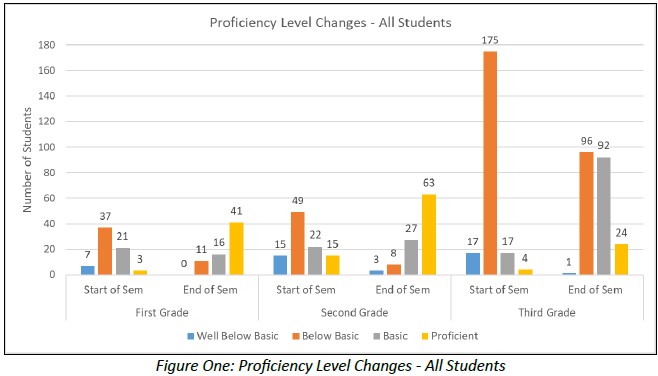 |


